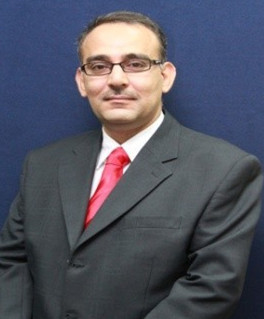Abstract—The bivalve Anodonta woodiana is widely
distributed throughout Chinese freshwaters and is an
important economic pearl mollusk. Recently, A. woodiana as a
biomanipulation tool in Chinese lakes due to its strong
suppression of phytoplankton, has been attracted increasingly
more attention. In order to examine whether A. woodiana can
exert grazing pressure on Microcystis and to evaluate the
different effects of each algae diet on mussels’ potential growth,
a comparative study was carried out on the acute physiological
responses to variable microalgae diets including toxic
microcystin-producing cyanobacteria Microcystis aeruginosa
and non-toxic green algae Scenedesmus obliquus. The values of
filtration rate, absorption efficiency, oxygen consumption rate
and ammonia excretion rate of A. woodiana were measured and
finally the scope for growth (SFG) value as a measure of
metabolic energy balance for A. woodiana was calculated and
compared. The results showed that the mussel A. woodiana has
a higher grazing ability on the toxic M. aeruginosa compared
with the green algae S. obliquus; furthermore, the effects of
different algae diets on SFG of A. woodiana demonstrated that
the toxic M. aeruginosa may supply more energy for A.
woodiana’s potential growth. These results indicated that A.
woodiana has strong adaptation ability when they were exposed
to toxic Microcystis solution in this study, which implied that
there is high application feasibility of A. woodiana as a toxic
Microcystis-blooming controller in practice.
Index Terms—Anodonta woodiana, microcystis aeruginosa,
scenedesmus obliquus, scope for growth (SFG).
Y. X. Liu and T. Kuba are with the Graduate School of Engineering,
Kyushu University, Fukuoka 819-0395, Japan (e-mail: axian87@ gmail.com,
kuba@civil.kyushu-u.ac.jp).
A. M. Hao is with the Research Institute for East Asia Environments,
Kyushu University, Fukuoka 819-0395, Japan (e-mail:
hao.aimin.849@m.kyushu-u.ac.jp ).
Y. Iseri is with the West Japan Engineering Consultants, Inc., Fukuoka
810-0004, Japan (e-mail: iseri@wjec.co.jp).
Z. J. Zhang is with the Graduate School of Environmental Science and
Engineering, Shanghai Jiaotong University, Shanghai 200240, China (e-mail:
zjzhang@sjtu.edu.cn).
[PDF]
Cite:Yuxian Liu, Aimin Hao, Yasushi Iseri, Takahiro Kuba, and Zhenjia Zhang, "A Comparison of the Mussel Anodonta woodiana’s Acute Physiological Responses to Different Algae Diets," Journal of Clean Energy Technologies vol. 2, no. 2, pp. 126-131, 2014.


